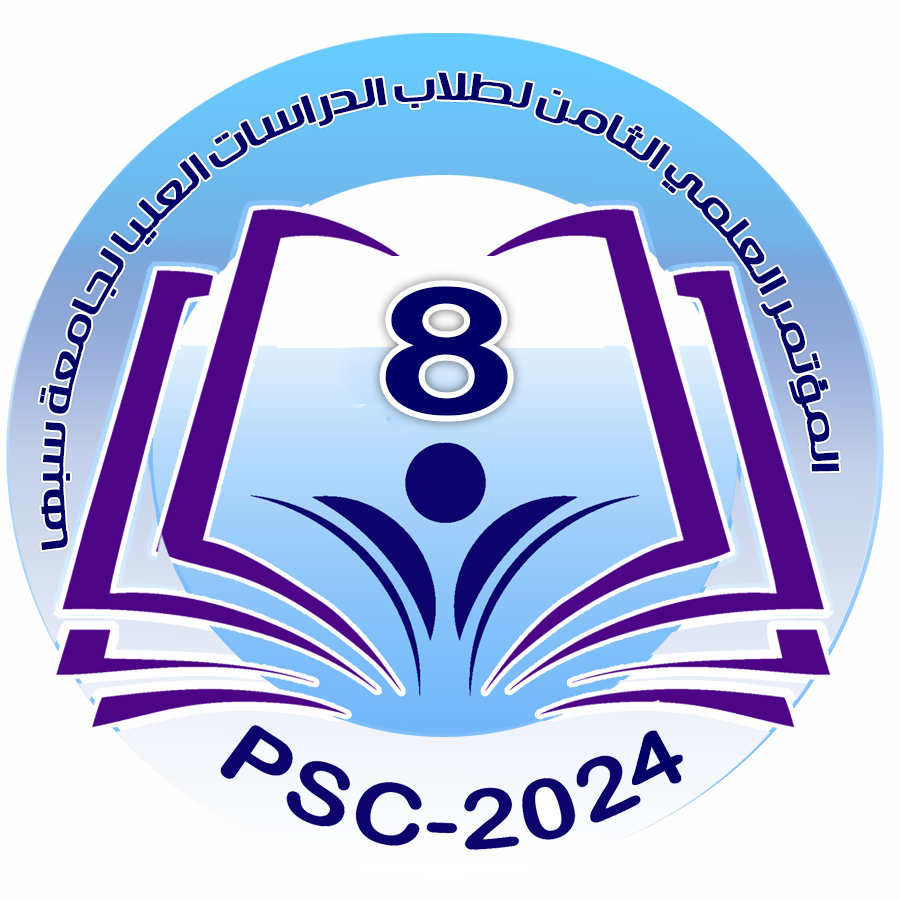استنبات البراعم الجانبية والأجنة الزيجوتية لأشجار نخيل التمور صنف التاليس عن طريق زراعة الأنسجة النباتية
محتوى المقالة الرئيسي
الملخص
نميت أجزاء من البراعم الجانبية والأجنة الزيجوتية من أشجار نخيل التمور على وسط MS مضاف إليه تراكيز مختلفة من منظمات النمو النباتية (Kin, Adenine, IAA, NAA, 2,4-D) وكذلك الفحم المنشط AC. أشارت النتائج أن أفضل استجابة سجلت عند استخدام MS + 2,4-D (20 ملجم / لتر) وMS + IAA (20 ملجم / لتر) + AC (3 جرام/ لتر) حيث لوحظ تكوين كميات كثيرة من كالس أبيض حبيبي مفتت بعد 9 أسابيع من الإستنبات وتكوين كالس أبيض بعد أسبوع ثم فرع وصل طوله 3.5 سم بعد 4 أسابيع على التوالي. وفي حالة استخدام وسط MS + 2,4-D (20ملجم/ لتر) + Adenine (5 ملجم / لتر) + AC (3 جم/ لتر) تكون كالس بعد أسبوعين ثم تمايز إلى براعم كروية الشكل بعد 3 أسابيع. ولم يسجل أي استجابة عند استخدام المعاملات الأخرى حيث لوحظ زيادة في نمو الكالس بعد أسبوع، وعند إعادة استنباته من وسط MS + IAA (20 ملجم / لتر) + AC (3جم/ لتر) إلى MS + Adenine (5 ملجم / لتر) + AC (3جم/ لتر) لوحظ نمو الكالس بعد أسبوع. لم تسجل أي استجابة عند استنبات الجنين على عدة معاملات، ولوحظ تغير في لونه فقط بعد أسبوع من الإستنبات.
تفاصيل المقالة

هذا العمل مرخص بموجب Creative Commons Attribution-NonCommercial-ShareAlike 4.0 International License.
